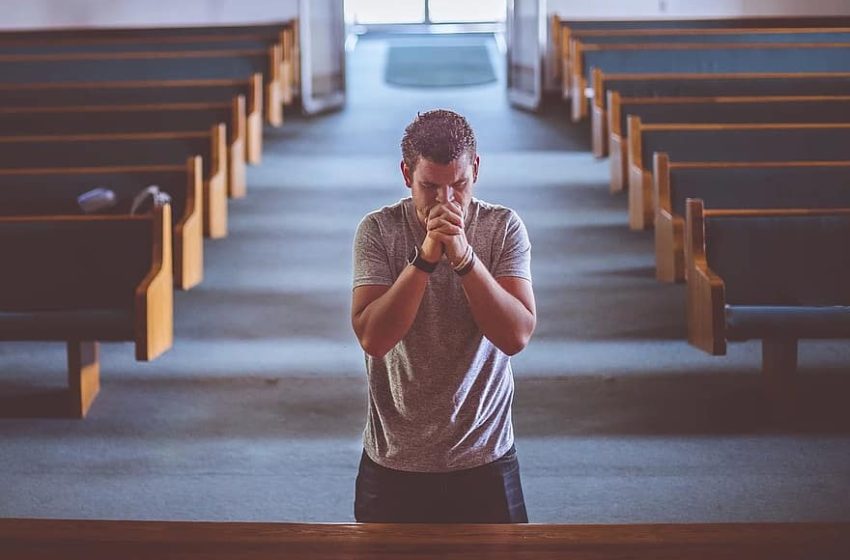Good vs. Evil: The Cosmic Struggle

Who wins this ancient and ongoing battle depends on how well informed and engaged people are in recognizing how the enemy of God works in people’s lives and by extension, the culture they shape, and how God works through prayer, the sacraments and virtuous lives to overcome evil. The seven deadly sins shape the underlying tension in this drama, and the seven sacraments and eight Beatitudes form the overarching beauty in God’s creation when people take recourse to that path.
Which gets to the point that, as in everything, it’s a matter of choice whether people believe and act on matters of faith, or reject them as superstitious or mythological or ideological or outdated. Pascal’s wager in modern culture seems to have gained currency for gamblers staking a claim that, say, ‘abortion is a woman’s right to choose’…without confronting what that choice is or means. Or that euthanasia is ‘compassion and choice’ or ‘death with dignity’ without explaining those claims and their impact on human life and true dignity. And so on.
Fr. Robert Spitzer spent time In the Forum to talk about the many ways the devil works in the world and personal lives of people today as ever, the subject and contents of his new book Christ Versus Satan in Our Daily Lives: The Cosmic Struggle Between Good and Evil. Knowing that many modern people do not believe the devil exists, some of them Christians, Fr. Spitzer provides a blast of reality with documented accounts, manifestations, of diabolical activity in people’s lives, but with the relief of good outcomes through powerful prayers and sacraments.
For those who forgot or never learned about the seven deadly sins (actually he refers to the eight), they’re all covered in Fr. Spitzer’s book and mostly in our conversation. Intriguingly, he illustrates them as he considers they’re best played out, in the classics of literature and the arts, even the modern art of cinema. “Know your literature,” Fr. Spitzer urges, “they deal with the deadly sins!” and he recounts how Hamlet, Othello, Macbeth and The Silmarillion by J.R.R. Tolkien, along with the character Gordo Gekko in the film Wall Street, draw out particular facets of a deadly sin. It’s a great way to teach by engaging readers (and listeners) using the powerful art of storytelling.
Prayer and the sacraments – especially the Mass, Eucharist, Confession, the Rosary, and calling on the name of Jesus – are especially powerful in defeating evil or evil impulses, Fr. Spitzer explains and he focuses on them in the book and our conversation. He does the same with the virtues listed in the Beatitudes. “It’s not easy to be humble of heart!” he said. But humility is powerful, it helps us resist temptation, he added. “And whatever you do, make sure you take time to pray! You may not realize the difference prayer makes, but ninety five percent of the fruit of prayer happens outside the time of prayer. So schedule it into your day if you have to, but make time to pray.”
Fr. Spitzer provides a rich resource in this first volume in a new series. Though the battle between good and evil is ever ancient, it’s also ever new in many ways. This book comes at a key time when new ways abound.
